Ethical Principles and the Assessment, Treatment, and Management of Suicide Risks for Pennsylvania Mental Health Professionals by Allan M. Tepper
$219.99 $62.00
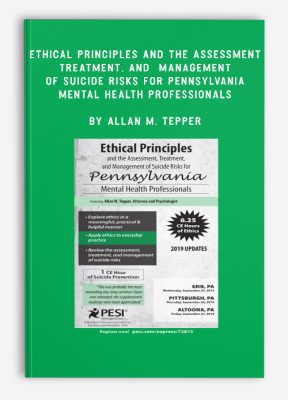
Ethical Principles and the Assessment, Treatment, and Management of Suicide Risks for Pennsylvania Mental Health Professionals by Allan M. Tepper
**More information:
Get Ethical Principles and the Assessment, Treatment, and Management of Suicide Risks for Pennsylvania Mental Health Professionals at Salaedu.com
Description
- Explore ethics in a meaningful, practical & helpful manner
- Apply ethics to everyday practice
- Review the assessment, treatment, and management of suicide risks
Many continuing education ethics programs are generic in nature. Often, such programs stress risk management strategies to the detriment of the attendees, especially when the program is presented by an attorney.
This program is different. Rather than avoiding clinical issues, this program explores the manner by which clinical and ethical issues affect the everyday practice of the mental health professional in Pennsylvania. This unique blend of clinical and ethical concerns allows for a more meaningful understanding and interpretation of the rules that govern mental health practice.
These goals are reached through the experience and the interactive style of the presenter, Allan M. Tepper, J.D., Psy.D. Different from other individuals who possess joint degrees in psychology and law, Dr. Tepper actually maintains an active psychology practice and an active law practice. He functions as a clinician, and he represents mental health professionals who experience legal difficulties. In this regard, Dr. Tepper brings an extremely unique perspective to the practical understanding of ethics.
These goals also are reached through an updated manual utilized in the seminar. The manual materials are not generic in nature. All of the written materials are state specific to Pennsylvania.
This seminar fulfills the Act 74 of 2016 one hour of continuing education mandated for all Pennsylvania licensed psychologists; licensed social workers; licensed professional counselors; and licensed marriage and family therapists. When interacting with an attorney, it sometimes is difficult to hear the words, “Trust me.”
For this seminar, however, we do say, “Trust us!!” We guarantee, you won’t walk away disappointed.
Understanding the Legal System
- Statutes
- Rules and regulations
- Case law
- Finding the law
Legal Exposure
- Civil liability
- Licensing board complaints
- Criminal liability
Establish the Treatment Relationship
- The professional relationship: beginning and end
- The legal and ethical principle of informed consent
- Informed consent as part of the treatment modality
- Use of and reliance upon written consent forms
Assessment, Treatment and Management of Suicide Risks
- Statistics and populations at risk
- Assessment of risk
- Screening tools and interview techniques
- Securing of outside records
- Cognitive interventions
- Use of concrete and outside management resources
- Documentation
Record-Keeping Practices
- Record-keeping regulations
- Items which constitute the record
- Access to records via written requests, subpoenas and court orders
The Ethics of Duty to Protect and Warn
- Duty to protect by warning potential third party victims
- Review of specific Pennsylvania case law governing danger to others
- A clinical approach to the duty to protect by warning
Treatment of Minors
- Age of majority
- Consent to treatment and access to records
- Treatment of minors in situations of family separation and divorce
Non-Sexual Boundary Violations
- Email correspondence, cell phone and texting
- Treatment vs. advocacy for patients
- Professional contacts with attorneys and the legal profession
- In-court expert testimony
More information about Medical:
Medicine is the science and practice of establishing the diagnosis, prognosis, treatment, and prevention of disease.
Medicine encompasses a variety of health care practices evolved to maintain and restore health by the prevention and treatment of illness.
Contemporary medicine applies biomedical sciences, biomedical research, genetics, and medical technology to diagnose, treat, and prevent injury and disease,
typically through pharmaceuticals or surgery, but also through therapies as diverse as psychotherapy, external splints and traction, medical devices, biologics, and ionizing radiation, amongst others.
Medicine has been around for thousands of years, during most of which it was an art (an area of skill and knowledge) frequently having connections to the religious and
philosophical beliefs of local culture. For example, a medicine man would apply herbs and say prayers for healing, or an ancient philosopher and physician would apply bloodletting according to the theories of humorism.
In recent centuries, since the advent of modern science, most medicine has become a combination of art and science (both basic and applied, under the umbrella of medical science).
While stitching technique for sutures is an art learned through practice, the knowledge of what happens at the cellular and molecular level in the tissues being stitched arises through science.
1 review for Ethical Principles and the Assessment, Treatment, and Management of Suicide Risks for Pennsylvania Mental Health Professionals by Allan M. Tepper
Add a review Cancel reply
Related products
HEALTH - FITNESS - LIFESTYLE - MEDICAL
Somatic Interventions for Treating Complex Trauma with Janina Fisher, Ph.D. from Janina Fisher
HEALTH - FITNESS - LIFESTYLE - MEDICAL
HEALTH - FITNESS - LIFESTYLE - MEDICAL
HEALTH - FITNESS - LIFESTYLE - MEDICAL
HEALTH - FITNESS - LIFESTYLE - MEDICAL
HEALTH - FITNESS - LIFESTYLE - MEDICAL
Fitness Mentors – Audio Lectures, Practice Tests and Study Guide for the NASM CPT Ex
HEALTH - FITNESS - LIFESTYLE - MEDICAL
HEALTH - FITNESS - LIFESTYLE - MEDICAL

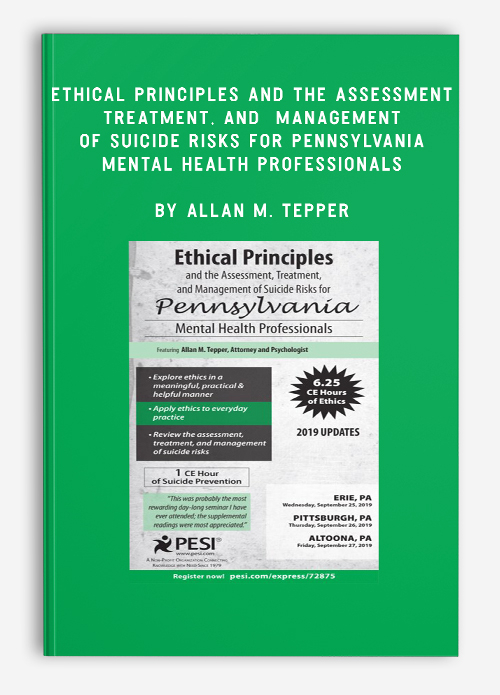
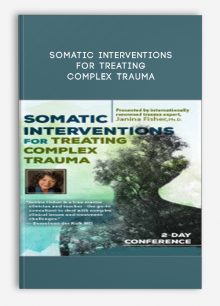


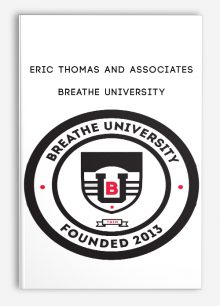

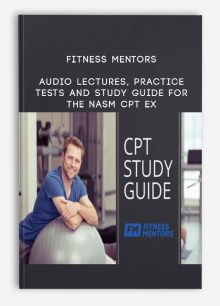
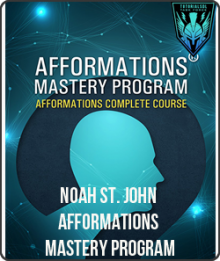
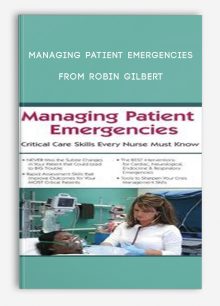
Trevis Trevis –
This is one of the most beautiful website and you can check the reviews of my website here: https://salaedu.com/clients-proof-and-reviews/